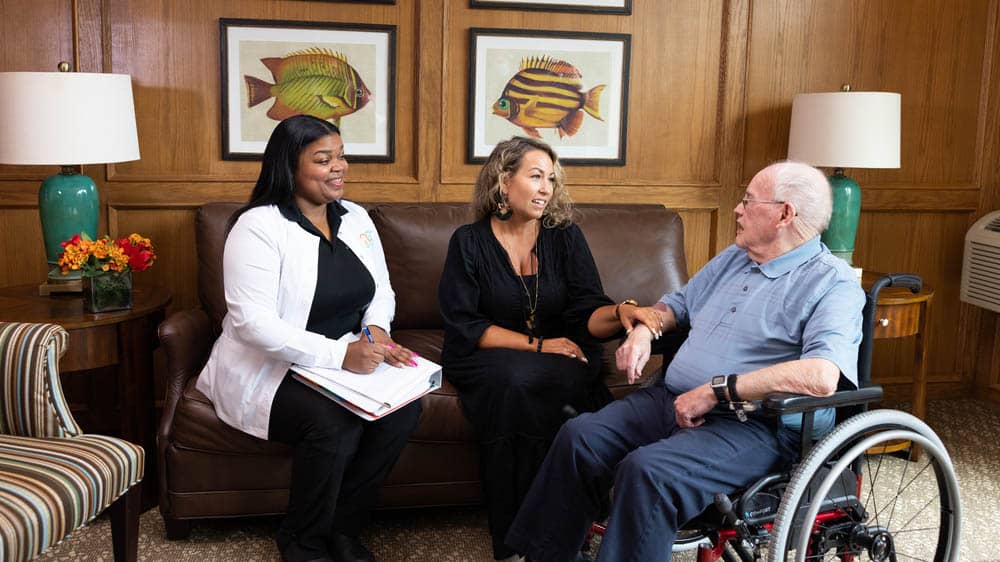

Tips for Juggling Work and Caregiving
Being a caregiver for a relative or friend is a personally enriching experience, but overseeing the care of another is also challenging—especially if you are employed in a job outside the home. We offer these suggestions for better managing the multiple roles of responsibility as caregiver and employee.
Talk with Your Employer
Many companies now have assistance programs to help workers with caregiving obligations. Some businesses offer help with finding at-home care, financial aid and other caregiver support. Be upfront with your boss about your concerns in prioritizing work and the needs of your loved one. Be clear that you are committed to your job, yet you would like some flexibility in your professional life. Investigate your company’s policies about caregiving leave and flextime. For businesses with at least 50 employees, the Family and Medical Leave Act stipulates up to 12 weeks of unpaid time off to care for a seriously ill spouse, child or parent.
Present Possible Options
Employers appreciate workers who come up with practical solutions to challenges. To add more balance to your job and caregiving, consider suggesting to your manager or human resources representative these possibilities: telecommuting, earlier or later start times, a condensed schedule, or job sharing. If you’ve used up all your paid time off and sick leave, your company may allow other employees to donate their sick leave on your behalf.
Seek Support
Turn to your network of family and friends to assist with your work-life concerns. Could any of them help with your loved one even a few hours a week? Hiring an adult home care provider like Right at Home can significantly simplify your daily agenda. Also, look into local community services including adult day centers, nutritional aides, counseling, etc.
Stay Focused
Avoid using work time for caregiving-related calls and internet research. Save these personal errands for lunchtimes and breaks. When you’re at work, be all there.
Keep Organized
Delegate as much as you can at home. If you rely on professional in-home care for your loved one, make sure the home caregiver is helping with other projects around the house including light housework and cooking. Set up calendars and priority to-do lists to help successfully shape your schedule.
Respect Your Own Self-Care
You and your own health matter, too. If you burn out juggling caregiving and your career, everyone loses out. Be consistently intentional about guarding time for your own exercise, medical checkups and fun. Or, time to just do nothing for a bit. Planning regular respite care is essential to reduce the strain of work-caregiving demands.
Adjust Your Expectations
You may want to do it all in being there fully for your ill loved one and your job. But you can only operate in overdrive for so long. Instead, it may be time to dial down your must-do-today performance goals. Postponing the nonessentials in your life can ease stress during this time period, and strengthen your relationships at home and at work.
What tips can you share for balancing work and caregiving?







